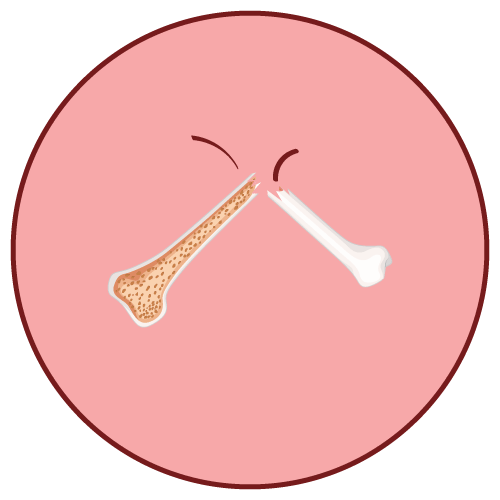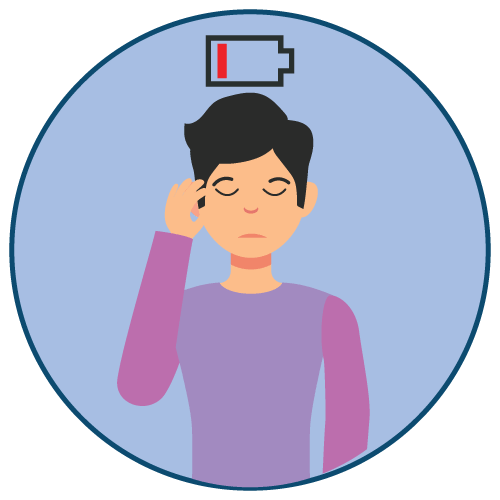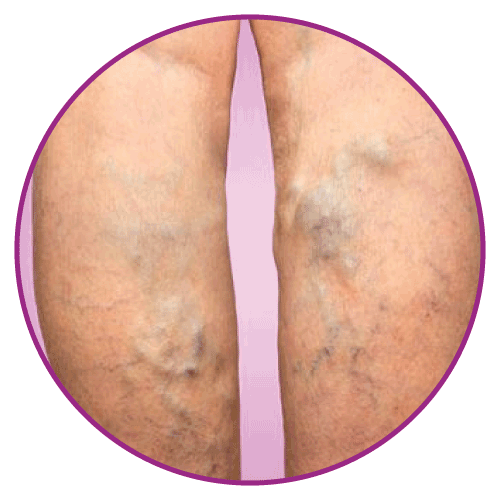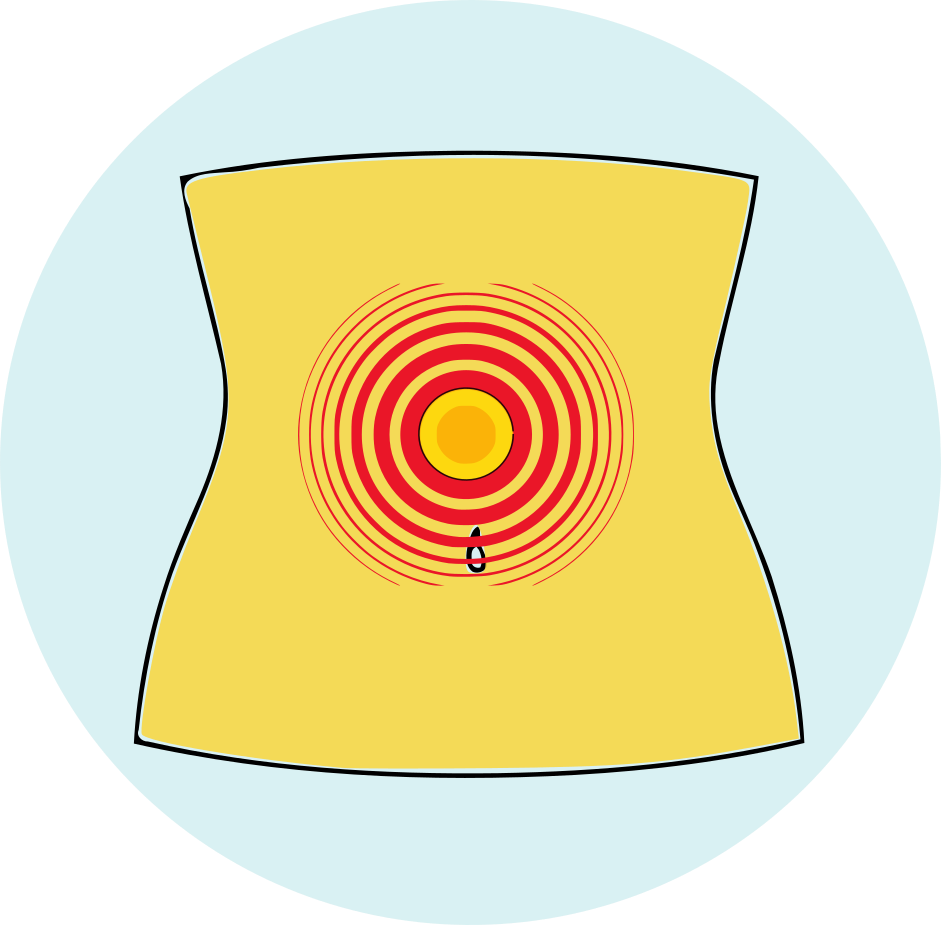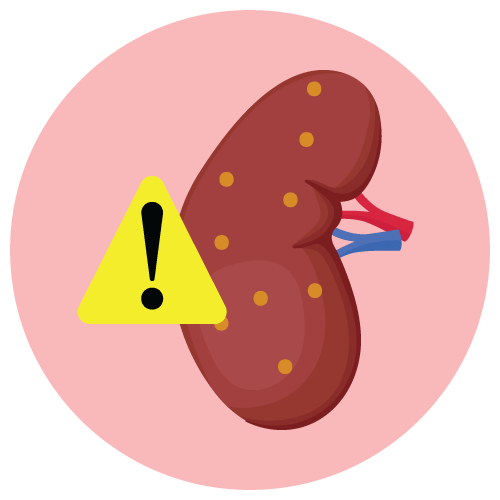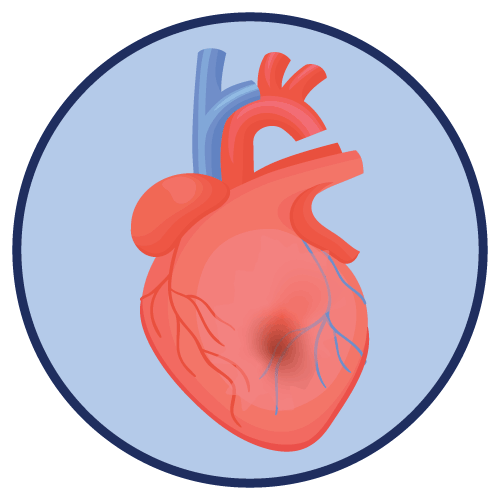| Name | Strontium Renalate |
| Classes |
Nutritional Supplement Dietary Suppleement |
| Diseases |
Hormonal Disorder Post Menopausal Osteoporosis (Brittle Bone) |
Strontium Renalate
Strontium Renalate is a medication belonging to the class of drugs known as bone density regulators. Strontium Renalate works by increasing bone formation and decreasing bone resorption. It promotes the differentiation of osteoblasts (cells responsible for bone formation) and inhibits the activity of osteoclasts (cells responsible for bone resorption), leading to an overall increase in bone density.
- Strontium Renalate is indicated for the treatment of osteoporosis in postmenopausal women at high risk of fractures.
- It is also used for the treatment of osteoporosis in men at increased risk of fractures.
- The recommended dosage of Strontium Renalate is 2 grams once daily, taken orally as a single dose preferably at bedtime.
- The medication should be taken at least 2 hours before or after consuming any food or beverages (other than plain water) to ensure optimal absorption.
- It is important to follow the prescribed dosage and administration instructions provided by the healthcare professional.
The following adverse reactions have been reported with the use of Strontium Renalate:
- Nausea
- Diarrhea
- Abdominal pain
- Headache
- Dermatitis
- Rash
- Pruritus (itching)
- Vertigo
- Dizziness
- Asthenia (weakness)
- Increased risk of venous thromboembolism (blood clots)
- Patients with a history of venous thromboembolism (VTE) or those at high risk of VTE should be closely monitored during treatment with Strontium Renalate, as an increased risk of VTE has been observed.
- It is important to assess and maintain adequate renal function before initiating treatment, as Strontium Renalate is excreted by the kidneys. Dosage adjustment may be necessary in patients with moderate to severe renal impairment.
- Patients should be advised to report any signs of venous thromboembolism, including leg pain, swelling, or redness, chest pain or shortness of breath, to their healthcare provider promptly.
- Use of Strontium Renalate is not recommended in patients with severe renal impairment (creatinine clearance below 30 mL/min).
- Strontium Renalate should be used with caution in patients with a history of gastrointestinal disorders, as it may worsen symptoms such as gastritis or peptic ulcers.
Contraindication
Strontium Renalate is contraindicated in patients with a known hypersensitivity to strontium or any components of the medication.
None known.
- It is Contraindicated in patients with certain renal disorders, including severe renal impairment (creatinine clearance below 30 mL/min) or end-stage renal disease requiring dialysis.
- Current or previous venous thromboembolic events (VTE), including deep vein thrombosis and pulmonary embolism.
- Temporary or permanent immobilisation due to e.g. post-surgical recovery or prolonged bed rest.
- Established, current or past history of ischemic heart disease, peripheral arterial disease and/or cerebrovascular disease.
- Uncontrolled hypertension.
 Bangla
Bangla English
English